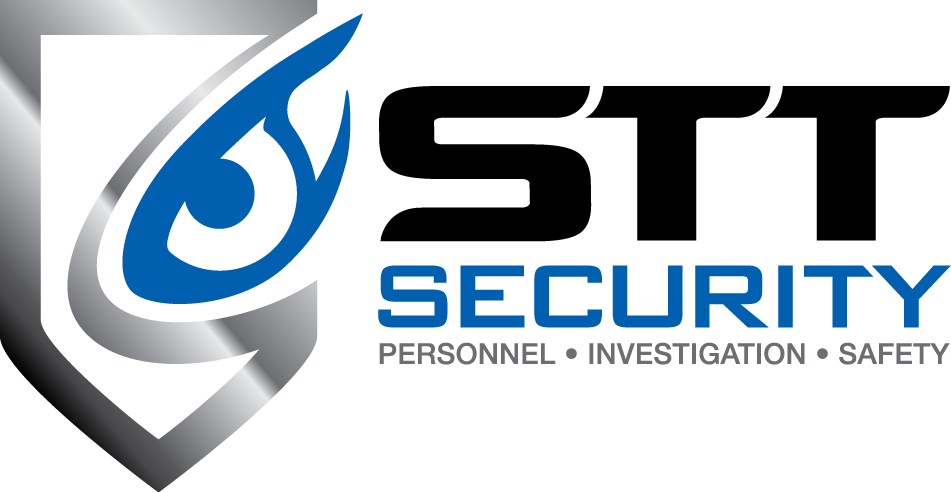Small and medium-size companies have many advantages over their larger counterparts, with core issues such as trust, accountability, a sense of family and community connectedness serving as customer-valued attributes in today’s marketplace. Larger businesses are often limited by their size, with change often mired in policy and protocol. In today’s economy, both large and small companies are finding they have to “go the extra mile” for every client and each sale. Smaller and mid-size businesses can feel an immediate impact of customer word-of-mouth where its reputation is at stake, while larger companies can shrug off a person’s bad experience because of their sheer size and numbers.
Poll data supports that most folks trust small businesses. According to a recent Gallup poll, people are more than three times likely to trust a “mom and pop” company over a large business. “Like a tiny blade of grass in a great big field,” sang rock music legend Bob Seger in his hit, “Feel Like a Number.” Customers do not want to feel left out or that their voice does not matter. It is human nature to what to deal direct when there is an issue instead of having to call a corporate office in another state or send an email with an unknown processing time. Small businesses are more tethered to this input and are more likely to be held accountable to their actions. It is this connection to community that gives a distinct advantage to the David, rather than the Goliath in the business world. Smaller companies also foster a feeling of being family and their input matters as if they were sitting down together for dinner discussing current events.
Small and medium-size businesses also have a distinct advantage when it comes to customer service, as well as implementing change. Personal relationships are easier to develop in the small business setting, where a larger company has specific protocol that can limit and prevent close contact with a client. Problems and issues are likely to be resolved quicker with a smaller business and most likely they are handled on a personal level. The size of a business is directly proportionate to its ability to stay focused on a business vision because of its limited daily operations and lean structure. Having fewer employees and less layers of management, translates into more flexibility for adaptability and being much closer to the business and the customer it serves.
In an age where successful small and mid-sized businesses are acquired or absorbed by larger conglomerates, it is imperative to maintain the original vision and directive that made the particular smaller business a success in the first place. Consolidation within the security guard industry has created new opportunities, as well as challenges for small and medium-size security companies.
Security ProAdvisors President Keith Oringer identified the following issues including operational, administrative and human resource that a given merger and acquisition creates. From an operational standpoint, Oringer pointed out there can be pay rate discrepancies, cultural differences, loss of client relationships, as well as policies and procedures integration that need to be carefully addressed to create a successful merger.
“When the acquired company has a dissimilar business base with lower bill and pay rates, it becomes difficult for the acquirer to cross utilize its existing labor pool to fill open posts in order to reduce overtime,” Oringer stated in a Dec. 11, 2016 blog. “Operational cultures vary; some companies motivate through incentive programs; others manage with more heavy-handed methods. This often causes confusion and increased turnover. No two security companies have identical policies and procedures. If the operations of the acquired company are not quickly transformed to the new rules and regulations, confusion is once again the result.”
STT Security Services, a privately owned US company headquartered in Mount Pleasant Michigan for over 43 years, is proud to have grown organically throughout the years. The second generation of organizational leadership has no intentions on sale or merger and looks forward to growing upon the values and reputation earned by David Rusch, STT’s founder.

